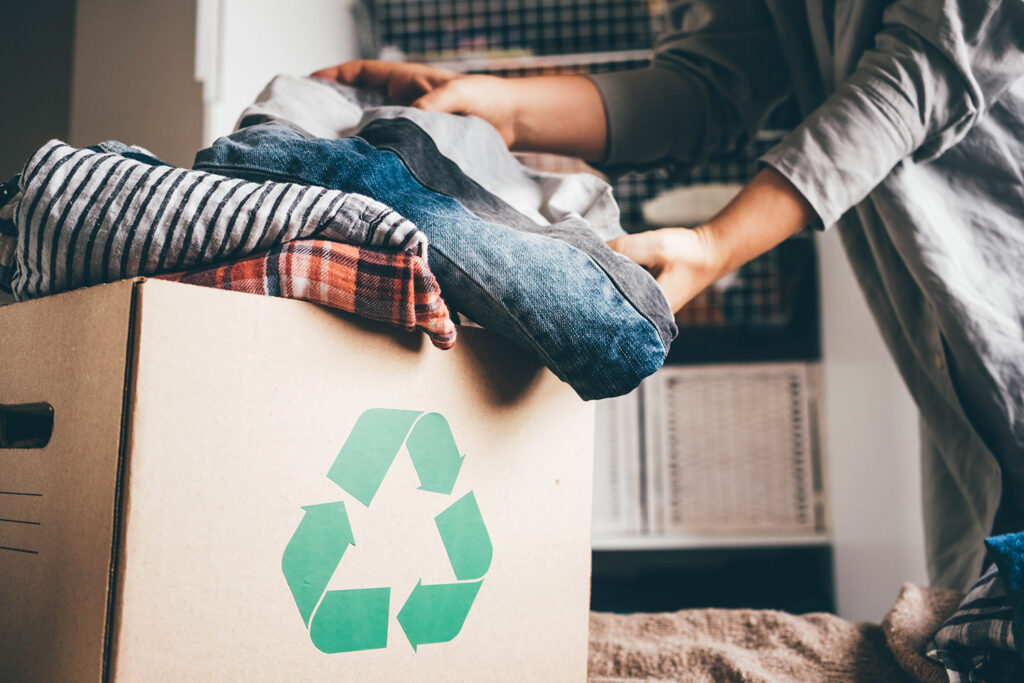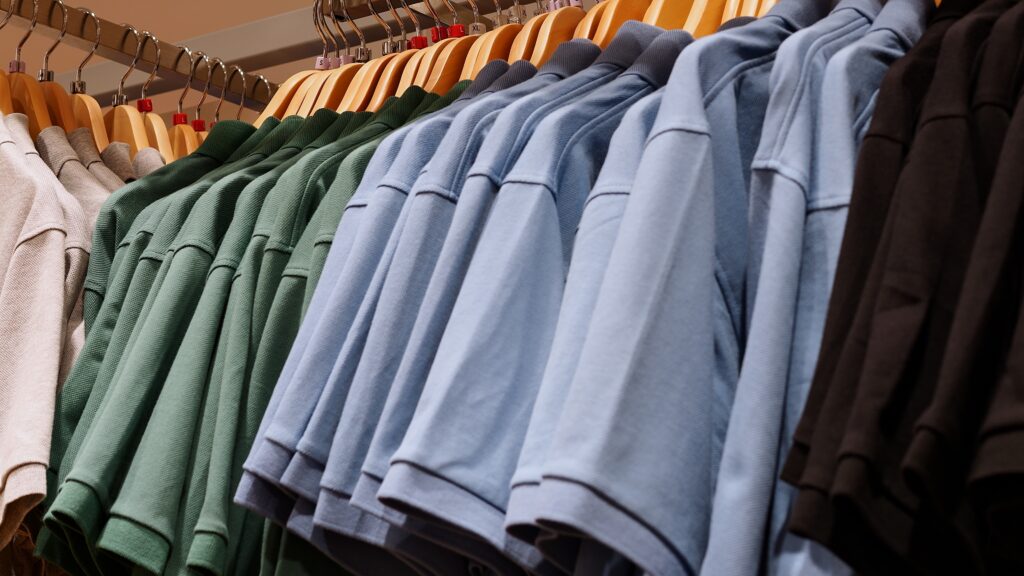Speaking at the Bureau of International Recyclings Textiles Division Plenary meeting in Shanghai last month, Alan Wheeler, the TRAs director, said in January that he became aware of six established UK-based collectors ceasing trading adding that he suspects there are more to come.

He said the six recyclers represent 10% of the trade bodys membership, which now stands at 53 companies. The TRA represents used clothing and textile collectors, sorters and reprocessors.
West Yorkshire-based Ecotex, Nottingham-based Textraders UK and Birmingham-based D&P Textiles are all in liquidation, according to Companies House. Three other TRA members have also ceased trading.
Mr Wheeler said: Throughout 2012 we were receiving anecdotal reports that some of our members could not afford to continue paying the prevailing market prices and were eating into their capital reserves. As a consequence, in January we became aware of six established UK based textile collectors ceasing trading. In the last year or so we have lost over 10% of our membership this way and I suspect that there are more to come.
With so many businesses going bankrupt within a short period of time, there was a small over-supply in the market in January and prices dropped accordingly by around $80 (USD) per tonne across all grades. Since then prices have remained relatively stable.
Crime
The blight crime places on the textiles recycling industry was also highlighted at the meeting. Mr Wheeler said used clothing is a relatively high value commodity and the sector is still being routinely targeted by criminal gangs that steal used clothing.
However, he welcomed a recent announcement but Her Majestys Revenue and Customs (HMRC) that it was going to set up a task force to look into the tax affairs of some textiles recycling companies. He also praised the work being done by the National Fraud Intelligence Bureau but said enforcement action being by police across the UK was variable.
This was also noted by the French delegate who said collection containers were continuing to disappear overnight and some thefts were taking place even during the collection process, reported divisional vice president Mehdi Zerroug of Framimex. Productivity of collection containers in France had dropped 15% between 2011 and 2012, he added.
Commitment
Mr Wheeler also highlighted the forthcoming Sustainable Clothing Action Plan 2020 Commitment which is due to be published this month (see letsercycle.com story). It will see organisations across the textiles supply chain including recyclers, charities, retailers and suppliers sign up to voluntary targets and actions to reduce their carbon, waste and water footprints by 2020.
Commenting on the commitment, Mr Wheeler said: This is perhaps the most significant initiative undertaken so far by supporters and signatories of the Sustainable Clothing Roadmap, who will be committed to playing their part in reducing the carbon, water and waste footprints of clothing in the United Kingdom by 2020, starting from a baseline year of 2012.
The targets for 2020 will be announced later this year and there are seven key action areas on which efforts will be concentrated including: Increasing re-use and recycling to recover maximum value of used clothes; [and] developing actions that help keep clothes out of landfill.
Europe
Related Links
Attendees at the meeting also heard that textile markets in other European countries were also struggling due to the impact of crime and the price of used clothing. BIR Textiles Division President Olaf Rintsch warned how difficult market conditions in Germany alongside unfair competition were adversely impacting the traditional used textiles industry. He added prices of originals had reached a zenith and sorters were finding it almost impossible to make profit.









Subscribe for free